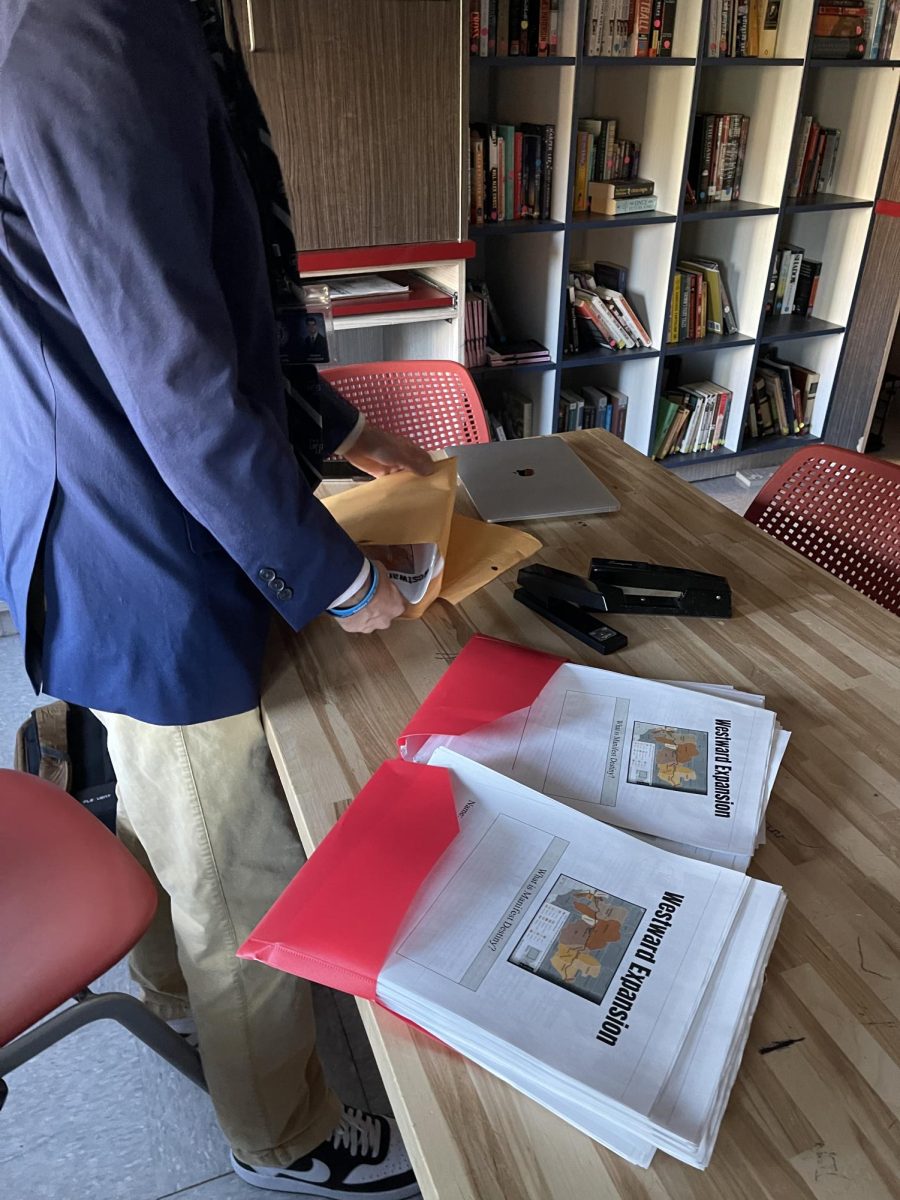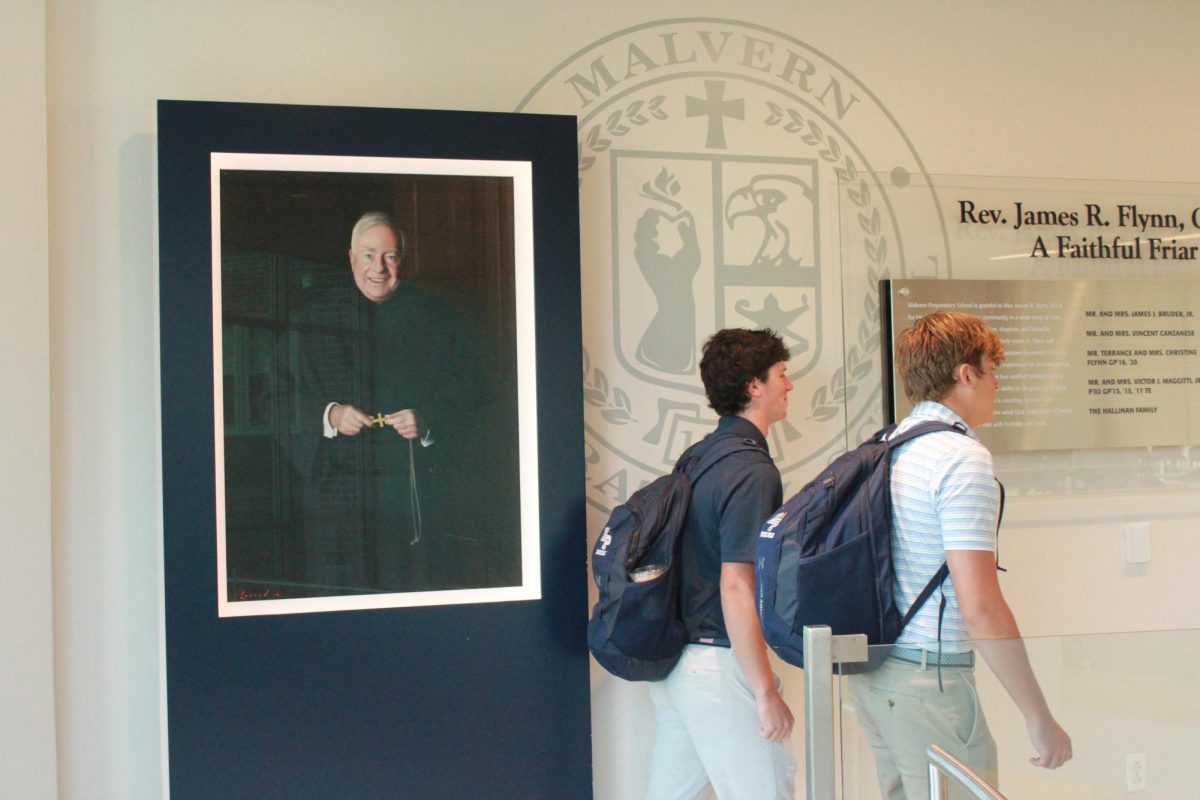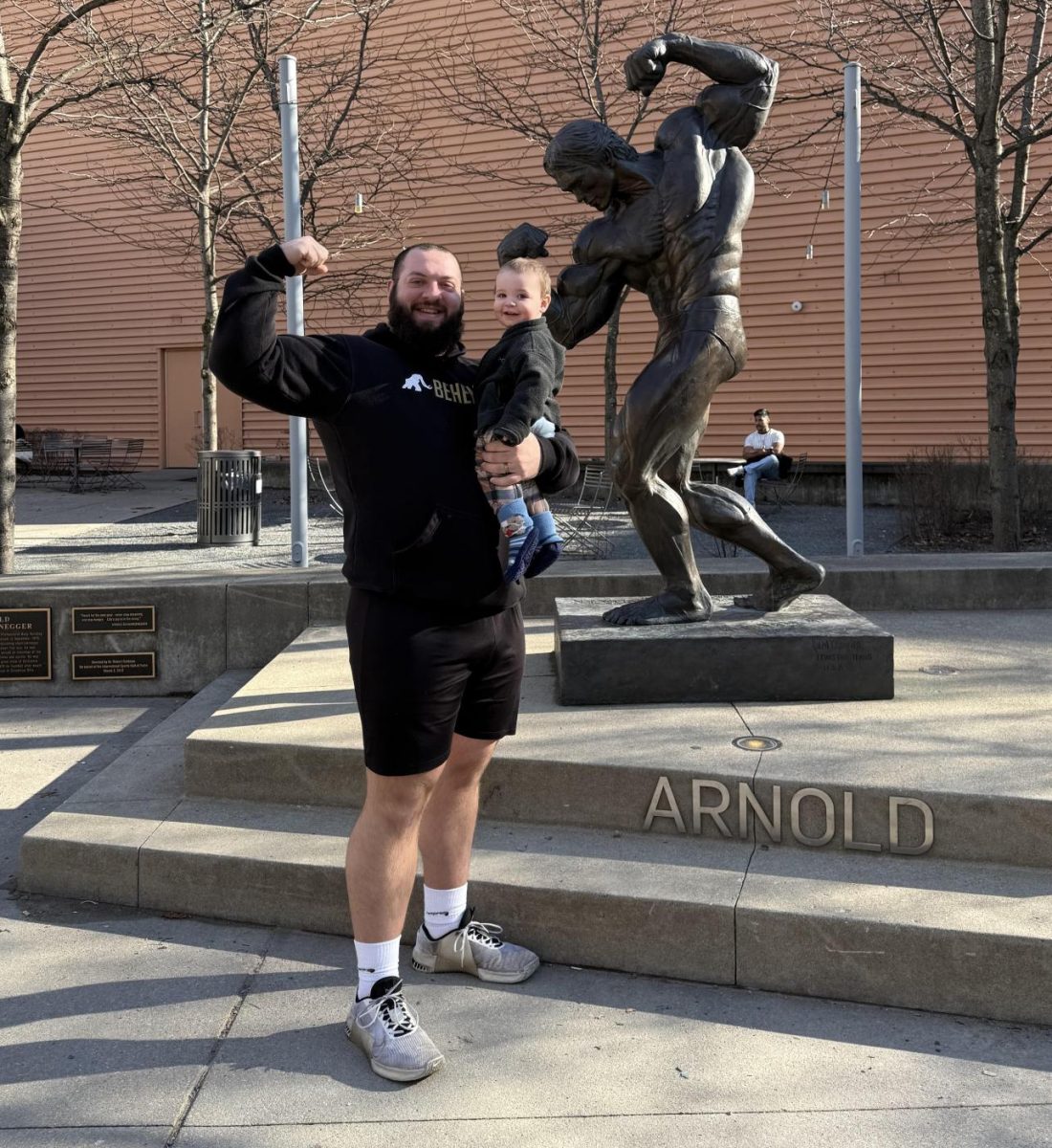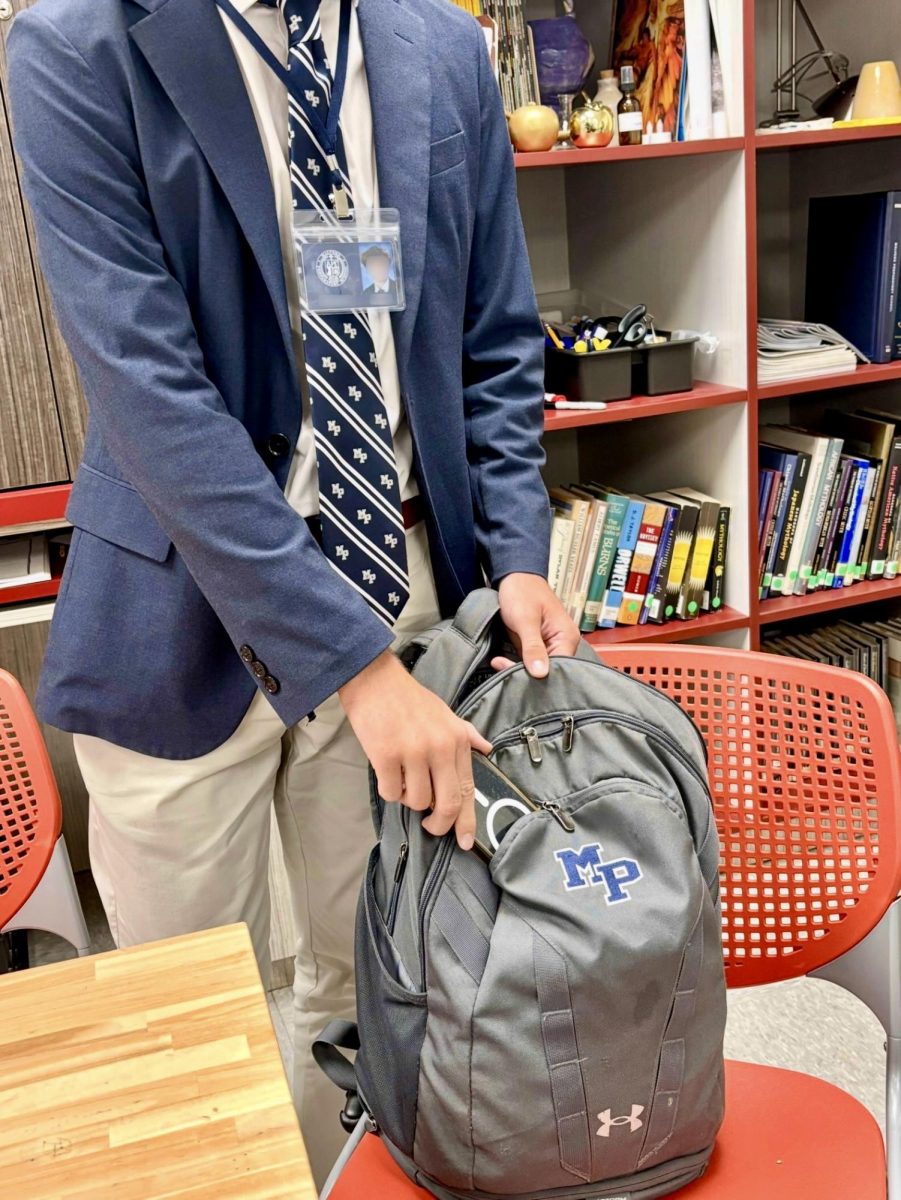Global Chief Economist at Vanguard credits Malvern with teaching him how to craft an argument and write.
 The way he describes it, the career of alumnus Mr. Joe Davis seems almost impossible.
The way he describes it, the career of alumnus Mr. Joe Davis seems almost impossible.
“In simplest terms, people expect me to see the future,” said Davis, who serves as Global Chief Economist at Vanguard.
Davis is Chief Economist at an investment company that manages over $3 Trillion in assets, spread over more than 20 million investors.
In his typical day, Davis tries to “outperform the market, [have] discussions on interest rates, [the] federal reserve, other central banks and how we may position the funds,” he said.
“There’s a management component where I may be having one-on-one or group meetings with my team,” he said.
Davis’s team consists of 60 people stretched across 5 time zones, including offices as local as Malvern, or as far as London, Australia, and Hong Kong.
Davis said he first developed his interest in economics at Malvern, where he was in the first AP Economics class Malvern ever offered.
“AP Economics was fairly new nationally,” he said. “So it really got me excited about Economics.”
Davis later earned his BA from St. Joseph’s University and his doctorate in macroeconomics and finance from Duke University. He currently serves on Malvern’s Board of Trustees.
He said that the one thing that every high school student should understand is the importance of tradeoffs.
“Life is about tradeoffs. It’s one of the principles of economics,” he said. “We make them every day.”
Davis described some examples.
“Save a lot and you can buy a lot of those items in the future, or try to spend time studying today and potentially earn a greater salary way off in the future. Or do I not work as hard in school and have more free time now, but that may have negative impacts on one later in life,” Davis said. “Economics gives you an example of a number of those, but everyone implicitly or explicitly is making those decisions every day.”
Davis, who once served as Editor-in-Chief of The Blackfriar Chronicle, said that the most critical skill that a student can develop is the ability to form a cogent argument. That’s exactly what he says Malvern prepared him to do.
“One of the things that I came out of Malvern with when I graduated – I found I was better prepared than many of my other college classmates, because I was able to craft an argument and write,” Davis said.
He said that these skills did not come easily to him, but he remains proud of the improvement he made. “I still use both those skills in my day job,” he said.
Davis remembers his teachers fondly, including Mr. Ostick, Mr. McGuire, Fr. Flynn, and Mr. Legner. “The caliber of many of the teachers I had at Malvern was similar to the caliber I saw in college,” he said.
“What was common amongst all the teachers that I had was their passion, their commitment, their vocation for the teaching… that’s what makes Malvern special,” Davis said. “That sort of enthusiasm is contagious, that’s a key characteristic of a good teacher.”
Davis believes that Malvern has been ahead of its time for longer than the current trends in 21st century education.
“When education was still a lecture-based format, I also recall at Malvern being fairly interactive,” he said. “I think Malvern was ahead of its time, and I think it’s continuing to be ahead in the classroom.”
Davis answered questions posed by many students about whether they will use the skills they are learning in high school.
“For all of those at Malvern wondering ‘Am I ever going to use math?’ ‘Am I ever going to use writing?’ I’d say in most fields you’re going to use both,” Davis said. “Where the world economy is going, the more one can have strong mathematical and writing and conceptual thinking skills, the better one’s going to be prepared for the future global workplace that everyone’s going to be a part of.”
According to Davis, these skills will become more important in the future.
“The easy jobs are going away, they’re being automated, so the need to have critical thinking in any field was always important, but now it’s going to be a minimum requirement going forward,” he said. “They are the skills I’m looking for when I hire someone, and schools like Malvern I think are doing a good job of preparing for it.”
Davis said that on top of critical thinking skills, he looks for passionate, hard working individuals when hiring new employees. He encouraged students to get involved throughout school.
“Your experience will only be as beneficial as involved as one is… just pick something you think you have a passion for,” Davis said. “Excellence and satisfaction is not doing the minimum, it’s actually doing the maximum.”
He said that when he hires, a potential employee’s demonstrated passion and work ethic are crucial.
“I don’t necessarily care about what school they went to or what major they had – more so, I care about the passion they have for the topic, their willingness to do hard work, and if they’re a collaborative and team player,” Davis said.
“I’ll take someone who’s hardworking and passionate over someone who is ‘smarter’ any day of the week,” he added.
After all, making the impossible possible takes a lot of commitment.








